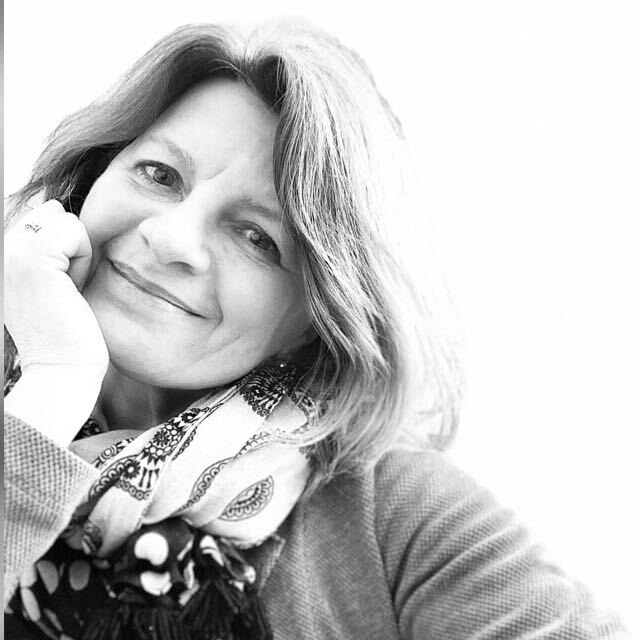Libraries as enablers of scientific research, National Science Library, Tbilisi, 27-28 April 2023
Nino Pavliashvili, Director of the National Science Library of Georgia, opened day two of the workshop highlighting the mission of the National Science Library: to promote science, support scientific research and be at the forefront of Open Science.
Arjan Xhelaj, General Director of RASH, the National Research and Education Network of Albania, presented the NREN’s services for universities, talked about U-CRIS, a publishing platform for scientific publications and closed his talk: “We will soon launch a platform for Open Access journals, I firmly believe that data must be Open Source and FAIR”.
Błażej Betański from PSNC in Poland talked about dLibra, an easy access and multiformat system that features online presentations, customised metadata, access management, integration, long time preservation, Digital Object Identification and 3D objects visualisation.
Dr. Ebru Kaya from Bilkent University Library in Turkey surprised the audience by moving to the back of the room to offer a different perspective. Ebru described the library as the heart of Bilkent University and went on to talk about Open Access and the changing business model for the publication of scholarly journals, introducing the concept of Transformative Agreements which is a shift from the traditional subscription-based model.
Georgios Glossiotis from the National Library of Greece, Athens, whose digital collections are all open to the public, described the national library as a hub for research and science in the country and dedicated his presentation to the late director who had worked tirelessly for the development of the library in recent years.
Rahila Hasanova, from the Institute of Information Technology, Baku, Azerbaijan, talked about the Institute’s electronic library and touched on scientometrics, the field of study on the measurement and analysis of scholarly literature, and scientific information.
Day two closed with a roundtable discussion on future partnerships, building communities and gaining government support.
Irina Matthews from GÉANT made a series of recommendations: “Alignment with government policies and strategies is fundamental, keep the eye on the horizon, focus on sustainability and when building relationships do prepare for the long haul. Seek your allies through collaborations, consortia and memberships as this will validate your position when approaching governments”.
Arjan Xhelaj from RASH added: “It’s important to maintain independence, autonomy, to be on board. Governments will not come to you, you will need to be proactive and work hard for that recognition and make sure you build your relationships on trust.”
The roundtable closed on a high note with Richard Dennis’ (University of Copenhagen) insightful comments: “As librarians we have had to develop our own networks to address our concerns. We didn’t have the resources, the human capital and the knowledge. The best way to spread the knowledge is via the aggregation of human capital through networks. Let’s brings that knowledge to the community and enrich it”.
The aim of the workshop was to bring specialists and like-minded professionals together to share experience, identify common challenges and seek collaboration opportunities for solutions that can be achieved only by pulling together resources, experience and expertise. The event, through a series of presentations and the animated discussions that characterised all sessions and carried on at the engaging social events, proved to be a platform to grow such collaborations.
What happened on day one? Read our story.
Do you know that you can download all the presentations and photos from the event? Here they are.


